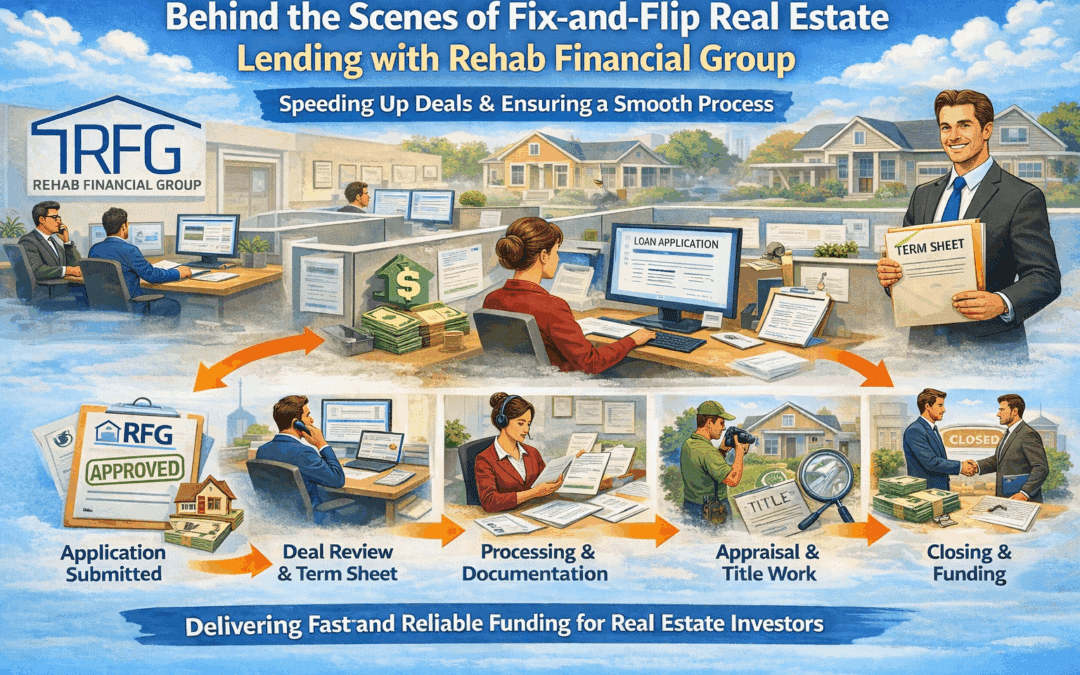Thanks to the convergence of artificial intelligence and real estate investing, the future of the real estate industry is no longer a matter of speculation.
It is no longer a matter of what is possible, if and when the technology emerges to make the theoretical practical; it is no longer an issue of overly optimistic forecasts – of the sort of promotions and proclamations that befit a World’s Fair rather than a trade show – because the scenario some real estate experts and business consultants describe as “the future” is here now.
I refer, specifically, to the rise of artificial intelligence (AI): technology that benefits real estate developers and investors alike, since no other resource uncovers so much data, no other tool deciphers so much material, no other application distinguishes between what is most relevant and what is least important, no other asset solves so many otherwise insoluble problems.
“Separating the Noise from the Signal”
AI separates the noise from the signal, so to speak, thereby allowing business experts to interpret this content and lessen risk.
Think of a real estate developer or investor with a plan to break ground on the construction of a new hotel, casino or resort:
Imagine the architectural drawings of this property, with its renderings of high-end amenities, with its layout of gardens and attractions, with its table-size models of swim parks, fountains, pools and a khaki-colored coastline that runs alongside the Pacific.
Consider, too, the selection of that particular property:
Picture this location as the result not of instinct or even ordinary intelligence, but instead, as the product of an extraordinary degree of intelligence – of artificial intelligence – where that developer or investor, with the counsel of the right consultants, can identify the best area – at the best price – to realize his dream.
Artificial Intelligence: The “Next Major Disruptor?”
According to Nick Chini, Managing Director of Bainbridge, Inc., which Forbes ranks as one of the top 20 Best Management Consulting Firms, “AI is the next major disruptor that will transform the real estate industry. Our work with data-centric companies within this category involves our use of AI-based technologies – many of them revolutionary, all of them evolutionary – that give clients the competitive advantages they need.”
I second that point about AI because the real estate industry is such a dynamic field – it is such a global enterprise – that it requires business consultants with a multitude of skills, from economists and engineers to software designers and systems analysts.
Just as AI is a future that is now present, the business consultants of today must have – some already possess – the skills of tomorrow.
That means, as Chini explains, that recruiting these professionals goes beyond hiring the top business school graduates: It involves a diversity of experts, each with a specialty that clarifies a conclusion about how to aid a real estate developer or investor.
One thing is as clear as it is compelling – momentous change awaits the real estate industry.
—
Lewis Fein is a writer, branding specialist, and champion of the real estate industry. A graduate of Brandeis University, with a concentration in Politics and History, Mr. Fein also has a law degree from The Emory University School of Law and writes for Bainbridge, Inc, and other clients.























0 Comments